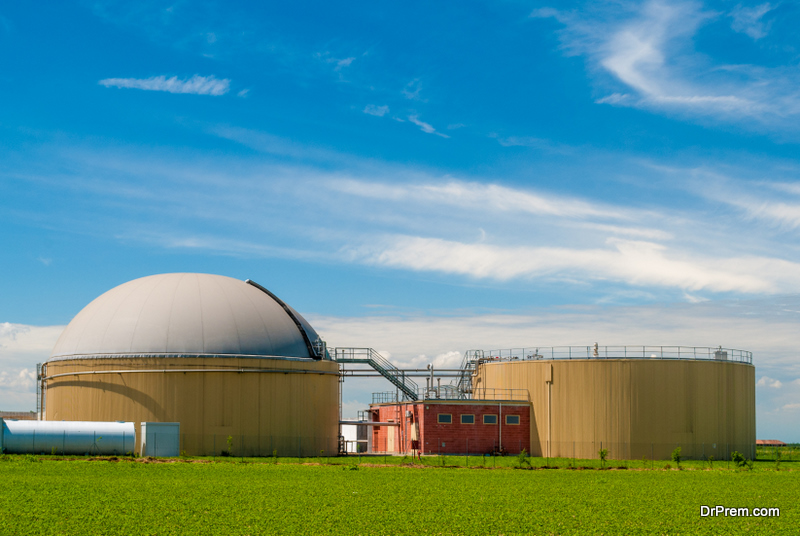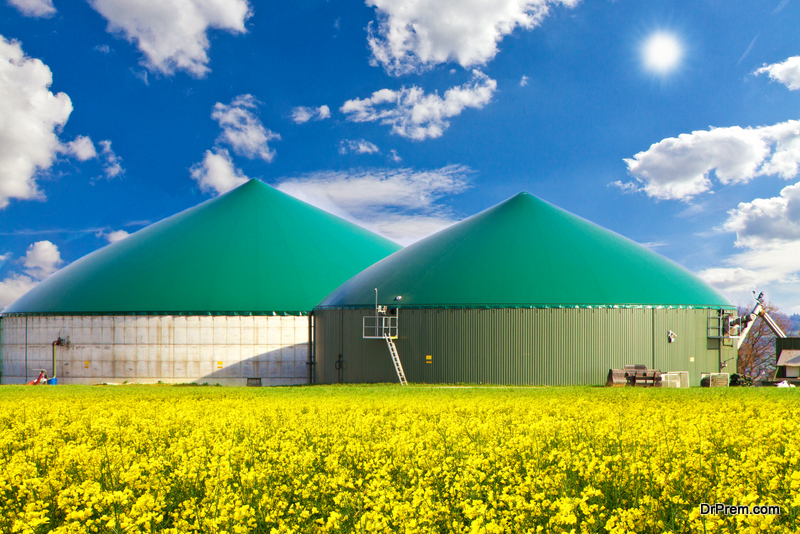Biogas is one of the most promising sources of energy in today’s world, with the potential to power as many as 13 million homes and businesses. However, up until the last few years, there has been very little interest shown in this renewable source of energy. Fortunately, that has changed, and investment in biogas research and development has accelerated rapidly in the past 12 months. This article discusses Biogas, its benefits and challenges, its use cases, and an example of successful implementation in the UK.
What is biogas?
Biogas is a renewable source of energy that comes from the breakdown of organic matter in the presence of an anaerobic environment. This process, known as biogas production, produces methane, carbon dioxide, and water. The gas is collected from the plant to the gas dome and conveyed for packing or for use.
Benefits of using biogas

Biogas has several benefits over other forms of energy, including that it is emissions-free and doesn’t produce any waste products as coal does. Its Biogas has some additional benefits like the fact that it can be used to produce heat, power vehicles, and even create fertilizer. The use of Biogas has exploded in recent years, with investment in research and development increasing by 120% over the past 12 months. This is mainly because Biogas has several advantages over other forms of energy, including that it is emissions-free and doesn’t produce any waste products as coal does. It also makes it a preferred choice for environmentally-conscious. Additionally, Biogas can produce heat, power vehicles, and even create fertilizer. This has led to its widespread adoption in industries like agriculture and construction.
Challenges of using Biogas
However, some challenges need to be addressed before Biogas can become mainstream. One of the biggest challenges facing Biogas is its relatively low energy density. This means that it can only be used to power small devices like appliances or vehicles rather than large industrial plants. However, several successful implementations are being undertaken. You may check on the link biogasmembrane.com to find more about it.
Successful Implementation of Biogas

In the UK, Biogas has already replaced 8% of the country’s gas needs. Biogas has exploded in recent years, with investment into research and development increasing by 120% over the past 12 months. This is due to the above advantages. One of the successful biogas implementations in the UK is the excellent biogas membrane project. The project is designed to create a biogas membrane that can be used to convert organic waste into Biogas. This will then power several small devices, such as ovens and refrigerators. The project is still in its early stages, but if it is successful, it could lead to a significant increase in the use of Biogas as a renewable source of energy.
As illustrated above, it’s good to consider Biogas as an option when we talk of energy sustainability. Its advantages outweigh many other forms of energy. If only it is to be paid much concentration on research and development in this regard.
Article Submitted By Community Writer


